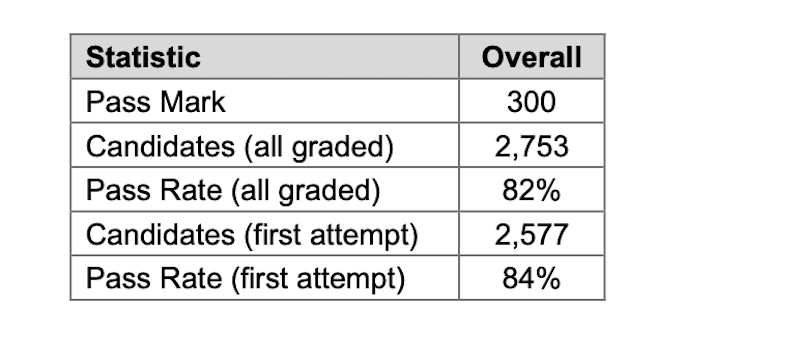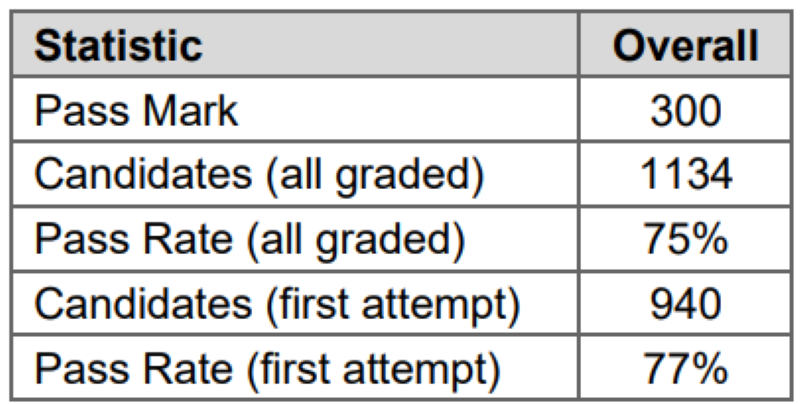BPP’s Julie Manson talks exam success

Julie Manson, a module leader at BPP University Law School, first joined the law school in 1998, “when it was still relatively small,” she recalls. Since then, she has combined her role with experience in corporate practice and a range of learning and development (L&D) positions — including roles at an international law firm, another University, and even Christie’s auction house.
This rare combination, practitioner, academic and L&D expert, has led her to her current role as professional skills and behaviours module leader, where she teaches students how law firms operate, how legal practice is changing, and the skills and behaviours you need to be successful in your role within an organisation.
It’s a role that sits at the intersection of knowledge, reflection and, crucially, confidence-building. These are all themes which feature heavily in the SQE2 taster workshop, a virtual student hosted by Julie tomorrow afternoon (Tuesday 8 April).
“The SQE2 is a very different set of assessments to SQE1,” she tells Legal Cheek Careers. “You’ve got to be able to take in new information there and then, whether that’s in writing or through a client conversation, and adapt accordingly. That’s a big shift from SQE1, where it’s all about knowledge recall.”
While the SQE1 focuses on legal knowledge through multiple choice questions, SQE2 is heralded as the more practical stage. It tests oral and written skills like advocacy, interviewing, legal drafting and case and matter analysis. The goal is to ensure that aspiring solicitors can actually apply the law in real-world, client-facing contexts.
“It’s a big shift,” Julie says, “because students often come in thinking it’s just about knowing the law. But SQE2 is about how you use that knowledge, how you listen, how you communicate, how you present ideas in a way that makes sense to someone who might not know the law.”
Julie gives a recent example from a mock client interview. “The students that did well weren’t the ones who talked the most or asked the most questions. They were the ones who listened. You can come in with a script in your head, but if you’re not open to what the client is really saying, you’ll miss the mark.”
This shift from academic prowess to adaptable, empathetic communication is one that excites Julie. “I love seeing that moment where someone realises they’ve got something to offer, that their way of thinking or communicating is valid and useful, even if it’s not what they first expected,” she says. “Everyone brings different strengths to the table, and SQE2 really allows those to come through”.
This focus on confidence and practical application is woven into BPP’s approach to SQE preparation. Students who take both SQE1 and SQE2 with the provider benefit from a structured programme that introduces the core skills early on. “Even though SQE1 is primarily knowledge-based, we embed elements of the SQE2 skills throughout,” Julie explains. “So, by the time students move on to the second stage, they’re not starting from scratch.”
Once students are in the SQE2 phase, BPP offers a blend of workshops, online resources, one-to-one practice sessions including live interviews and advocacy assessments, and what BPP calls a “cycle of learning”. This cycle includes preparation, live practice, reflection and feedback, all essential elements for what she describes as “getting comfortable with being uncomfortable”.
“We ask our students to try everything, even the things they’re unsure about,” she says. “You’re not expected to be perfect straight away. But if you can be brave enough to give it a go, take feedback on board, and keep building, you’re putting yourself in a really strong position.”
This is where events like the SQE2 taster workshop come in. Taking place virtually on 8 April, the session will give aspiring lawyers the chance to get a flavour of what SQE2 is really like, from understanding the key skills to actually participating in real time.
“We want people to get a sense of what this assessment is really testing,” says Julie. “It’s not just about whether you know the right answer. It’s about whether you can communicate with a client, whether you can analyse a situation, and whether you can adapt to the context you’re in.”
The session will also include time for follow-up questions and virtual networking with the BPP team, providing further insight into the qualification process and career planning. “We know this can feel like a daunting stage,” Julie adds. “But the earlier you engage with it, the more you reflect and practise, the better prepared you’ll be.”
So, what are Julie’s top tips for students getting ready for SQE2?
First, stay organised. “Those that do well tend to be really disciplined,” she says. “They follow the structure we provide, they manage their time effectively, and they build in time to revisit their legal knowledge from SQE1, because you’re still tested on that in SQE2.”
Second, be reflective. “We actually assess students on their ability to reflect,” Julie explains, referring to BPP’s internal portfolio element. “It’s not just about doing the skill. It’s about recognising where you’re strong, where you need to improve, and how you’re going to get there”.
And third, say yes to everything. “We offer loads of opportunities for live practice, advocacy, interviews, written feedback, and my advice is to take every one of them,” she says. “Even if you’re nervous. Even if you feel like you’re not ready. Give it a go. That’s where the growth happens”.
It’s this growth mindset, and the belief that legal skill is something that can be developed, that defines Julie’s approach to teaching. She sees her role as not just an educator, but as a confidence coach of sorts, helping students see the value in their own voice and perspective.
And it’s clearly a space she thrives in. “I’ve had a lot of variety in my career so far,” she reflects, “but I always come back to this work. Helping people develop, seeing those shifts in understanding, it’s incredibly rewarding. It keeps me excited about what we do here at BPP”.
Join us TOMORROW for our virtual student event “SQE2 taster workshop — with BPP”.
About Legal Cheek Careers posts.





















 Kaplan’s use of AI for SQE “question development” has come under scrutiny amid a row in the US about California Bar exam questions being artificially generated.
Kaplan’s use of AI for SQE “question development” has come under scrutiny amid a row in the US about California Bar exam questions being artificially generated.

